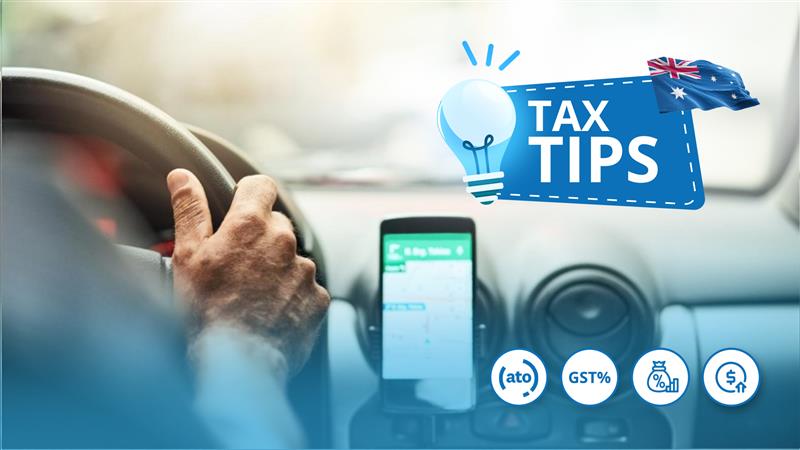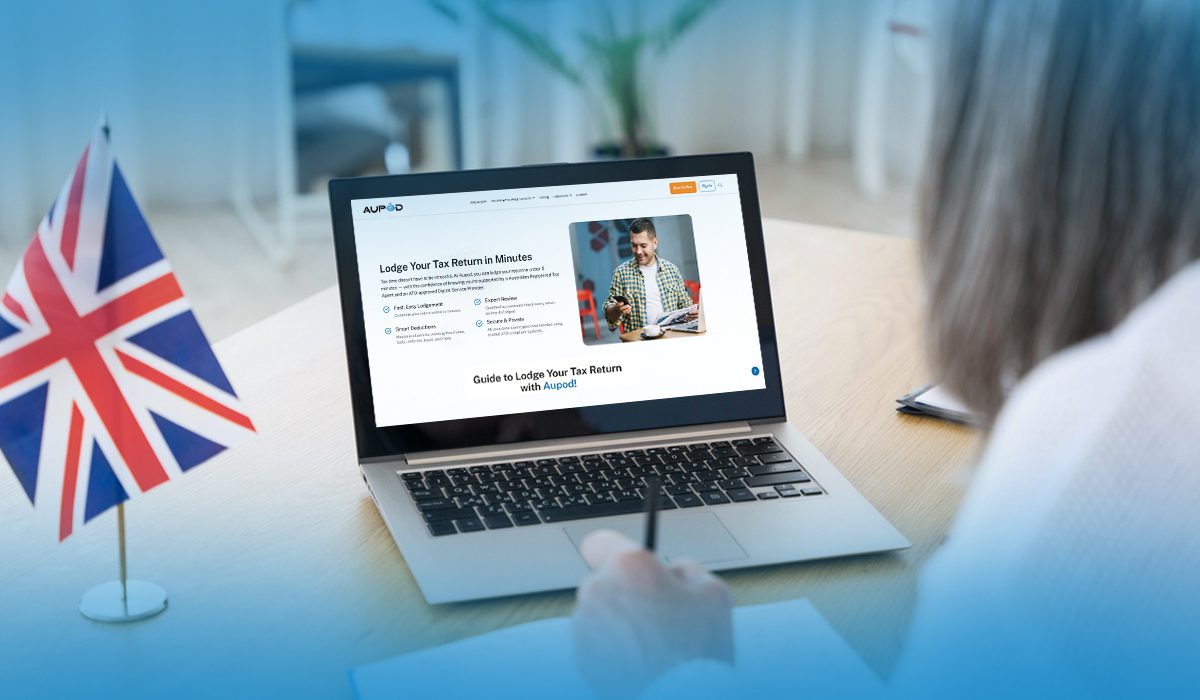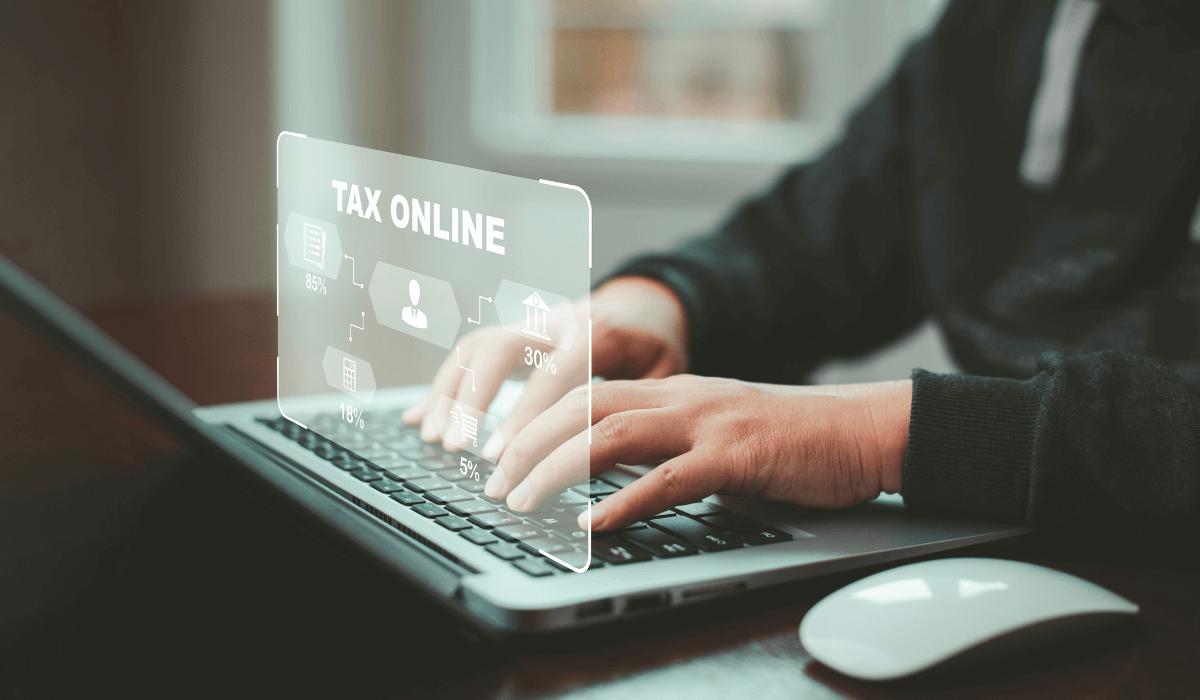Australia’s ride-sharing economy is projected to reach $27.3 billion by 2034. Unlike the small businesses that have to only register for the GST when their turnover is greater than $75,000, the ridesharing business owner has to register from the day they earn their first dollar. This means you need an ABN, regular BAS lodgements, and accurate records from day one to stay compliant and claim eligible deductions at tax time.
If you’re driving rideshare as a side gig, keeping up with taxes can feel like an extra hassle. That’s where Aupod helps. We offer easy online lodgment and real support from TPB-registered agents and accountants. Save yourself from lengthy, confusing paperwork, wasted hours, and be on the right side of the ATO.
| Key Takeaways!! GST applies from the first dollar. Keep accurate income and expense records. Claim all your Uber driver business expenses. Use the best car expense method for you. Stay compliant and plan for tax payments. Professional advice can save you money. |
Understand Ridesharing Tax Obligations
If you drive for Uber in Australia, you are running a small business in the eyes of the ATO. Here’s what you need:
- An ABN (Australian Business Number).
- GST registration from day one. No income threshold applies.
- Lodge a BAS (Business Activity Statement) monthly or quarterly.
- Complete an Uber driver tax return in Australia every year.
Failing to register for GST can lead to penalties and interest. Platforms also share data with the ATO, so undeclared income is easy to detect.
Tips for Ride-Sourcing to Stay ATO Compliant
This side gig can pose some serious problem if not done rightly. It is best to follow the below tips to maintain good financial health.
Claim Eligible Deductions
One of the biggest Uber driver tax deductions is car expenses.But that’s not all. You cannot claim a private driver’s licence costs, fines, private meals, or fuel tax credits.
Here are common Uber driver business expenses you can claim:
- Vehicle costs- fuel, servicing, insurance, registration.
- Commissions & service fees paid to Uber or other platforms.
- Car cleaning & sanitisation (wipes, sanitisers, car wash).
- Tolls & parking (if work-related).
- Passenger amenities: bottled water, mints, tissues.
- Mobile phone & internet (business portion).
- Licences and accreditations: state commercial licences, medicals, police checks.
- Tax agent or accounting fees.
Keep Accurate Records
It is not possible to claim any deduction with the ATO without clear records. All these You should keep with you:
- Trip logs (app data, logbooks).
- Fuel and car service receipts.
- Tolls, parking, and cleaning expenses.
- Phone and internet bills.
- Commission statements from Uber.
Use the Right Deduction Method for Car Expenses
As an Uber or rideshare driver, your car is your biggest work tool. The ATO gives you two ways to claim back some of those costs at tax time.
Method 1: Cents per kilometre method
This is the simple option. You claim a flat rate for every kilometre you drive for work. The current rate is 88 cents per kilometre, and you can claim up to 5,000 kilometres per year, per car. That amount already covers fuel, servicing, registration, insurance, and even depreciation.
- No need to keep every single receipt.
- Keep a record of the kilometres you drove for rideshare.
- Best for part-time or casual drivers.
Method 2: Logbook method
This option takes more effort, but can often give you a bigger claim. You’ll need to keep a logbook for 12 continuous weeks. That log shows what percentage of your driving is for business. You then apply that percentage to your real car costs, like fuel, servicing, insurance, interest, and depreciation.
- The logbook is valid for five years.
- You’ll need receipts for your expenses.
- Great for full-time drivers who spend many hours on the road.
Choosing the right method matters. If ridesharing is a side gig, the cents per kilometre method keeps things simple. If you’re driving most days, the logbook method usually gives higher rideshare driver deductions.
Stay ATO-Compliant
ATO compliance is strict for gig workers. To stay safe:
- Report all income (Uber, Ola, Didi, Shebah).
- Only claim the work portion of mixed expenses (apportionment).
- Keep records for at least five years.
- Issue tax invoices for fares above $82.50 if asked.
| Remember!! Uber tax Australia laws treat rideshare as taxi travel. The GST rules are the same for traditional taxi drivers and Uber, Ola or Didi drivers. |
Plan Ahead for Tax Payments
Many drivers forget that a part of their income belongs to the ATO.
- Set aside a percentage of every fare for GST and income tax.
- Use a separate bank account for tax money.
- Lodge BAS on time to avoid penalties.
This will save you from tax-time stress and surprise bills.
Leverage a Registered Tax Agent
Filing your rideshare driver tax return can be tricky. A registered tax agent can:
- Claim all eligible rideshare driver deductions.
- Ensure your BAS and returns are ATO-compliant.
- Help with GST credits and business expenses.
- Provide tailored Uber tax tips Australia.
- Deduct their fee from your next tax return.
At Aupod, our agents specialise in Uber driver tax returns in Australia and rideshare worker tax returns. We take the stress out of tax time for rideshare drivers.
Final Words!
Rideshare driving can be a great way to earn, but tax obligations start from your very first dollar. With the right records, smart deductions, and timely BAS lodgements, you can stay compliant and boost your refund. For stress-free support, Aupod’s TPB-registered agents are here to handle your Uber driver tax return in Australia and make tax time simple.



